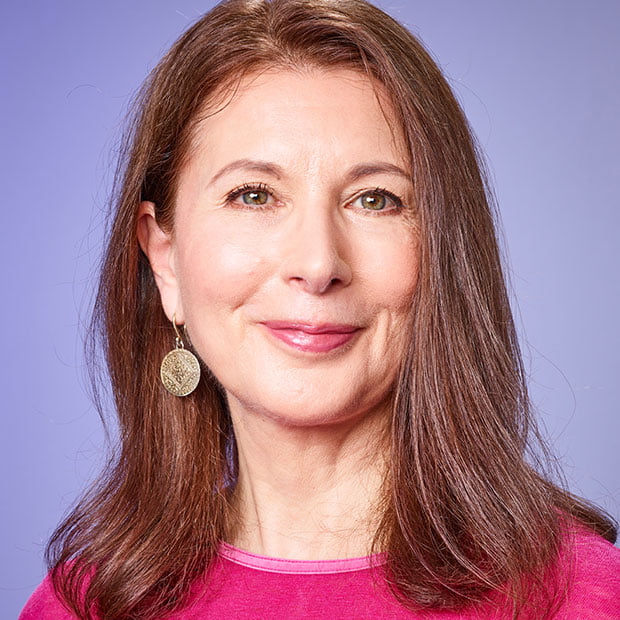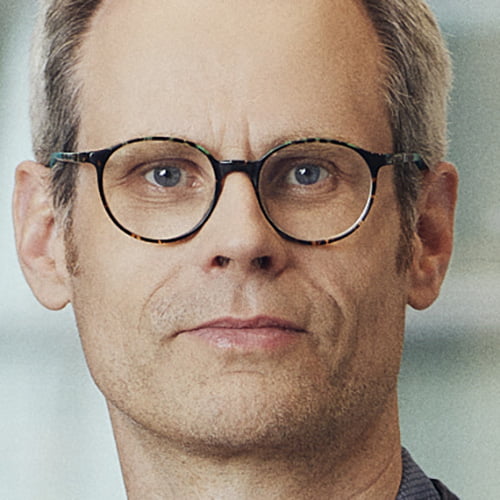UK commissioners call for projects that make climate change fight feel winnable
Commissioners at the BBC, ITV, Channel 4, Channel 5, UKTV and Sky have called for more projects that empower audiences to feel like they can tackle the crisis and fewer that encourage unsustainable behaviours.

Lucy Willis
Execs from the key UK broadcasters spoke on a panel at the Climate Content Summit in London today about their various approaches to commissioning programming related to climate change.
This came after delegates saw BBC research showing that UK viewers want to see more content about sustainability, having been made aware of the climate crisis, but it needs to be framed in a way that doesn’t leave them paralysed with fear about its potentially catastrophic consequences.
Lucy Willis, commissioning editor at Paramount-owned Channel 5, said she wants to “incorporate climate change issues in some shape or form in every single programme we do.”
However, Willis added that C5 had to be careful not to alienate those sections of its audience who may be sceptical about climate change while attempting to persuade them of its dangers.
“The thing I’m really looking for are projects that address climate change but get big ratings. That might seem like an incredibly obvious thing to say,” said Willis, “but recently, I did a second season of Natural History Museum: World of Wonder after the first did very well. We decided to focus much more on their work in science and climate change and it didn’t do very well at all. After two episodes, we pulled it from its slot.”

Jack Bootle
Meanwhile, Jack Bootle, head of commissioning for specialist factual at the BBC, said the pubcaster has plenty of natural history programming that can be “on the nose” when it comes to the climate crisis.
“I’m increasingly looking for stories that don’t present or don’t sell themselves as climate stories but get you into environmental stories. I’m looking for more programmes that take a counter-intuitive approach to the environment,” said Bootle.
The exec pointed to The Boys from Brazil: Rise of the Bolsonaros as a documentary that, while not being immediately recognisable as about climate change, educated viewers about the deforestation of the Amazon.
Alf Lawrie, head of factual entertainment at commercially funded pubcaster Channel 4, said the TV industry has done a “good job” of making viewers aware of the problem of climate change, but has fallen short when it comes to providing solutions to what is a “very complicated” issue.

Alf Lawrie
Lawrie said the media tends to focus on how individuals can reduce their individual carbon footprint, but more programming is required that attempts to “distil complex issues” about the wider societal changes needed to save the planet.
Discussing the types of programming he tends to get pitched in relation to climate change, Lawrie said he receives a lot of projects involving celebrities attempting to reduce their carbon footprints.
“The thing I’m desperate for is something that makes the elusive, complicated and boring-sounding televisual. That’s a tough challenge,” he added.
Elsewhere during the panel, David Smyth, entertainment commissioner at ITV, said that some producers may be under the impression the entertainment unit at the commercial pubcaster isn’t interested in climate change programming, but this isn’t the case.
“In entertainment, people assume we don’t want to hear about it, but there are ways in. Not everything has to be big, brash, new, shiny and abroad. There’s entertainment stuff that can happen closer to home. I would say there’s scope, but what people have to remember for our genre is that it can be fun and have a wider message,” said Smyth.
Finally, Helen Nightingale, head of factual and factual entertainment at BBC Studios-owned UKTV, said that while she is unlikely to make a “big documentary” about climate change, she will steer producers towards more environmentally sustainable processes for new shows that don’t, for example, involve “fast cars and jetting off on planes.”














.jpg)




























